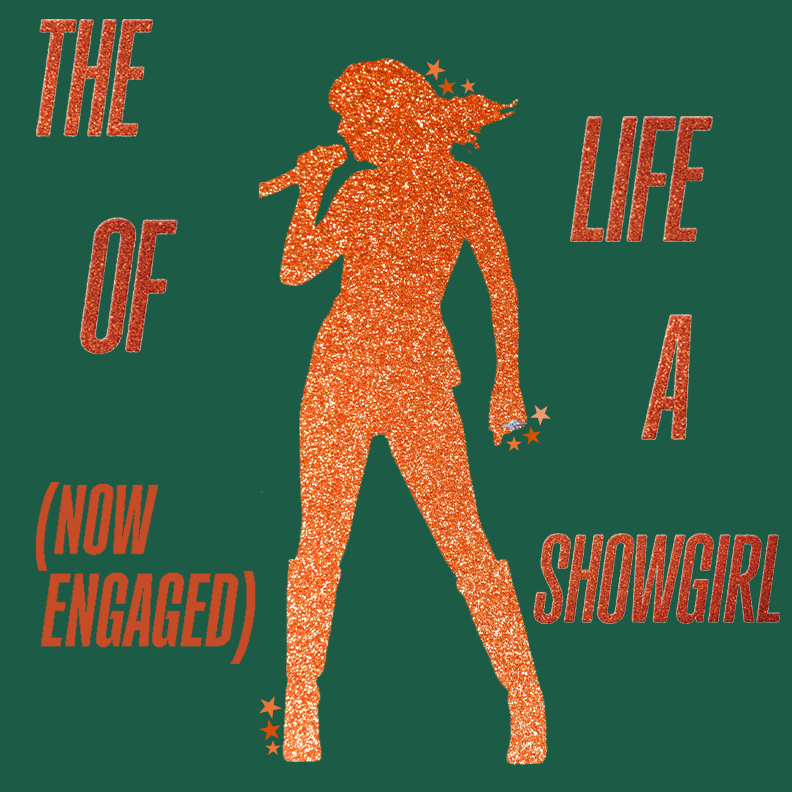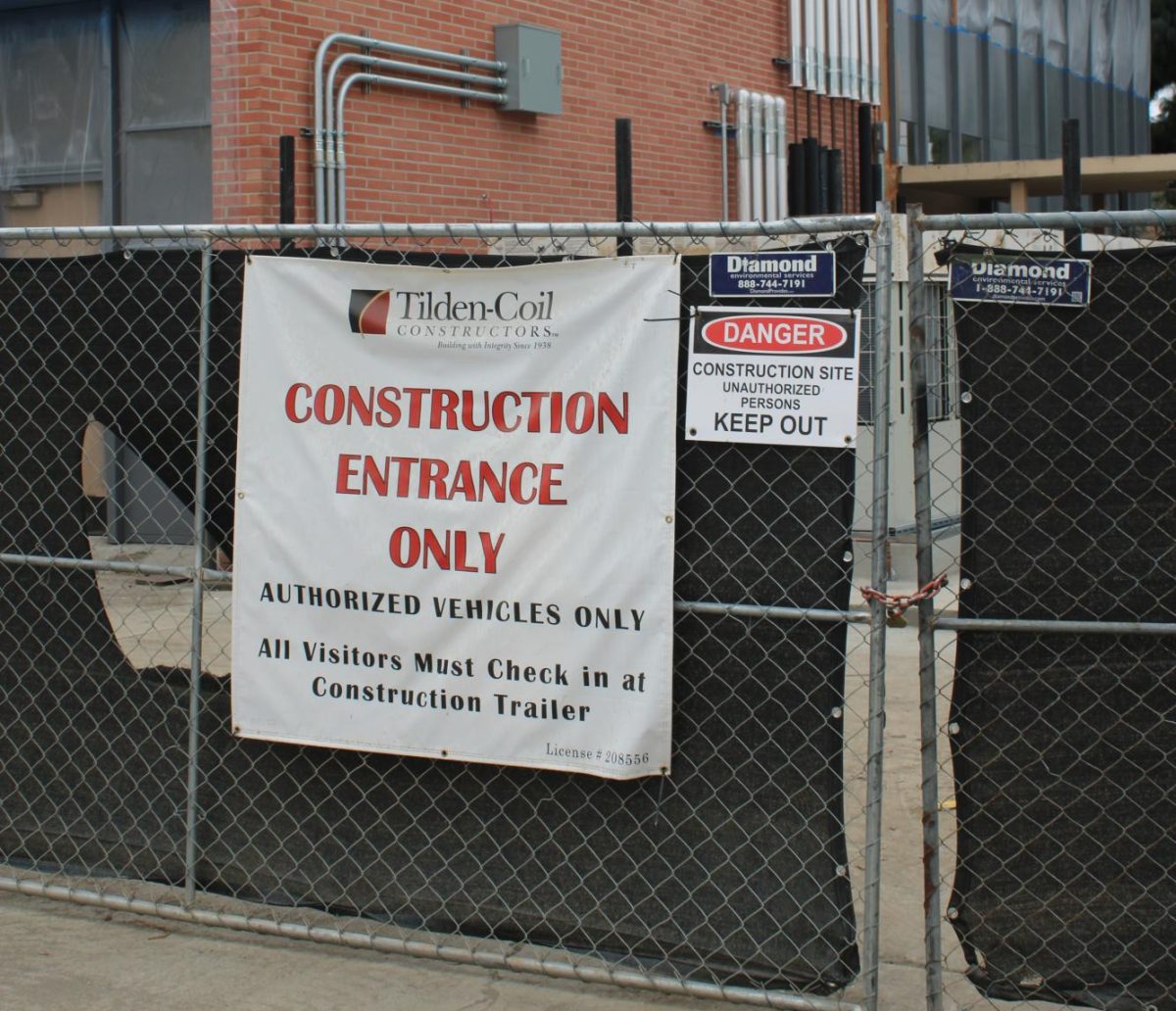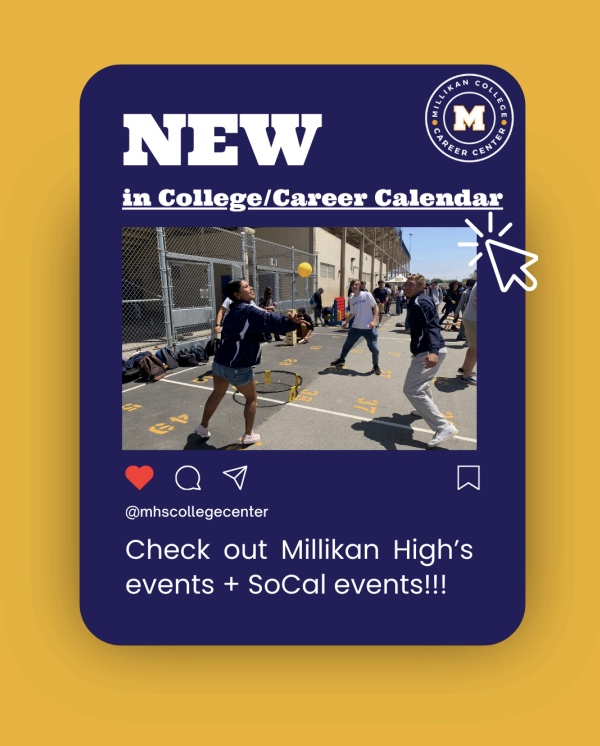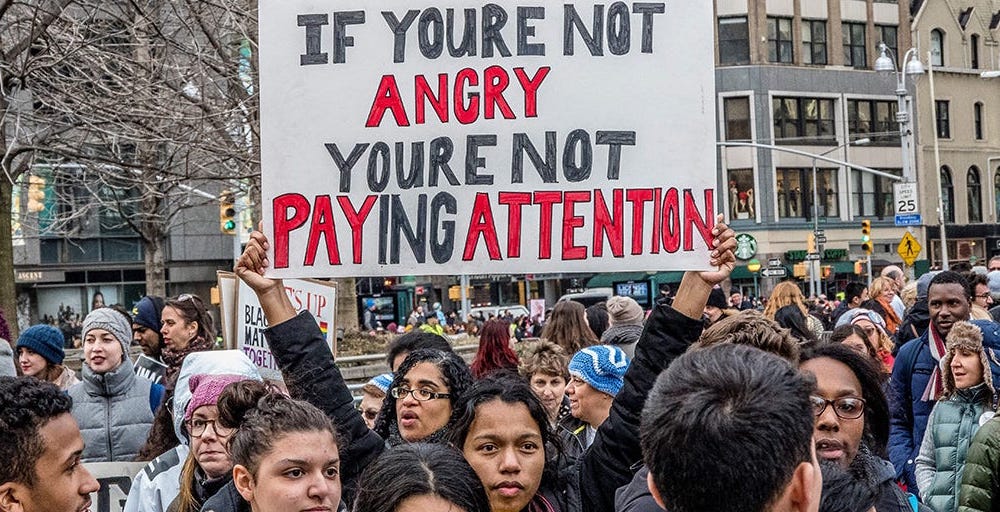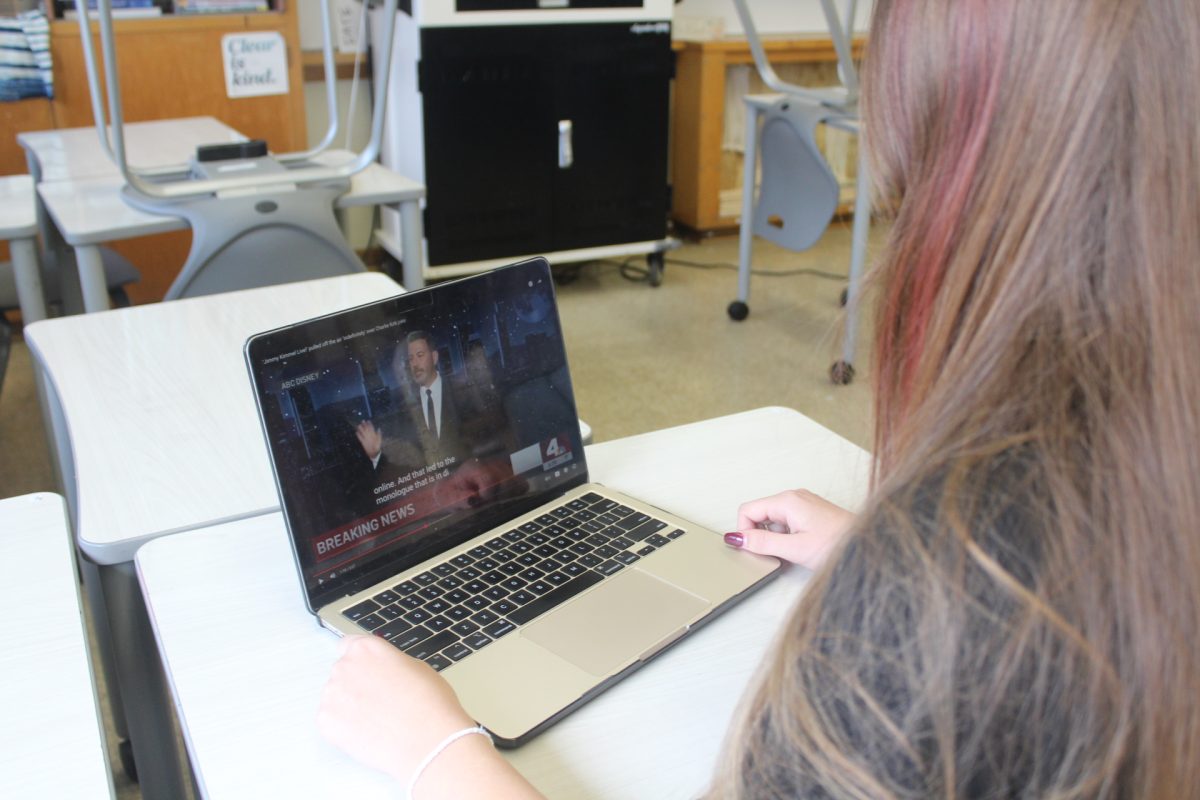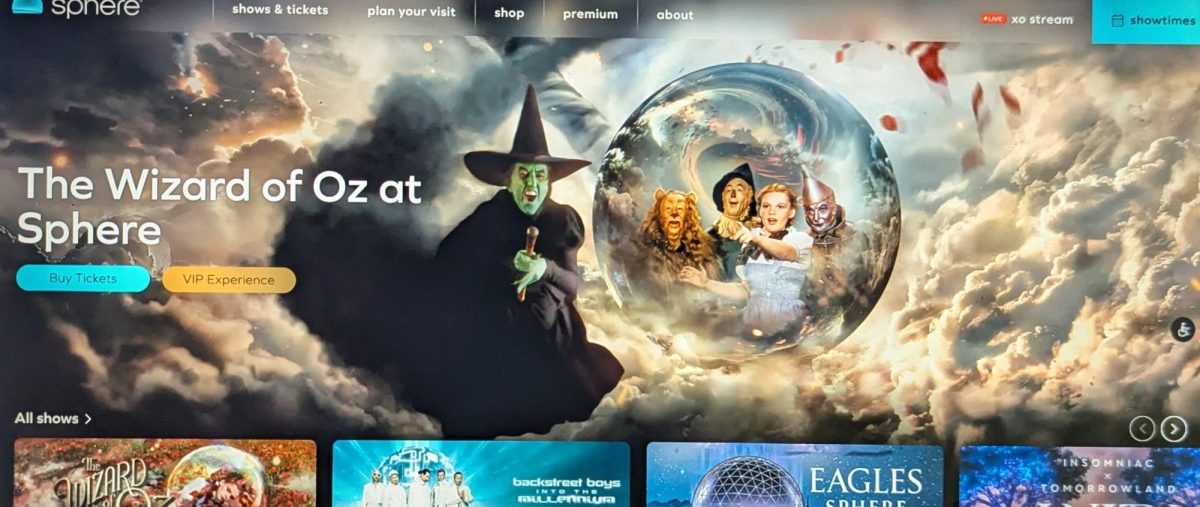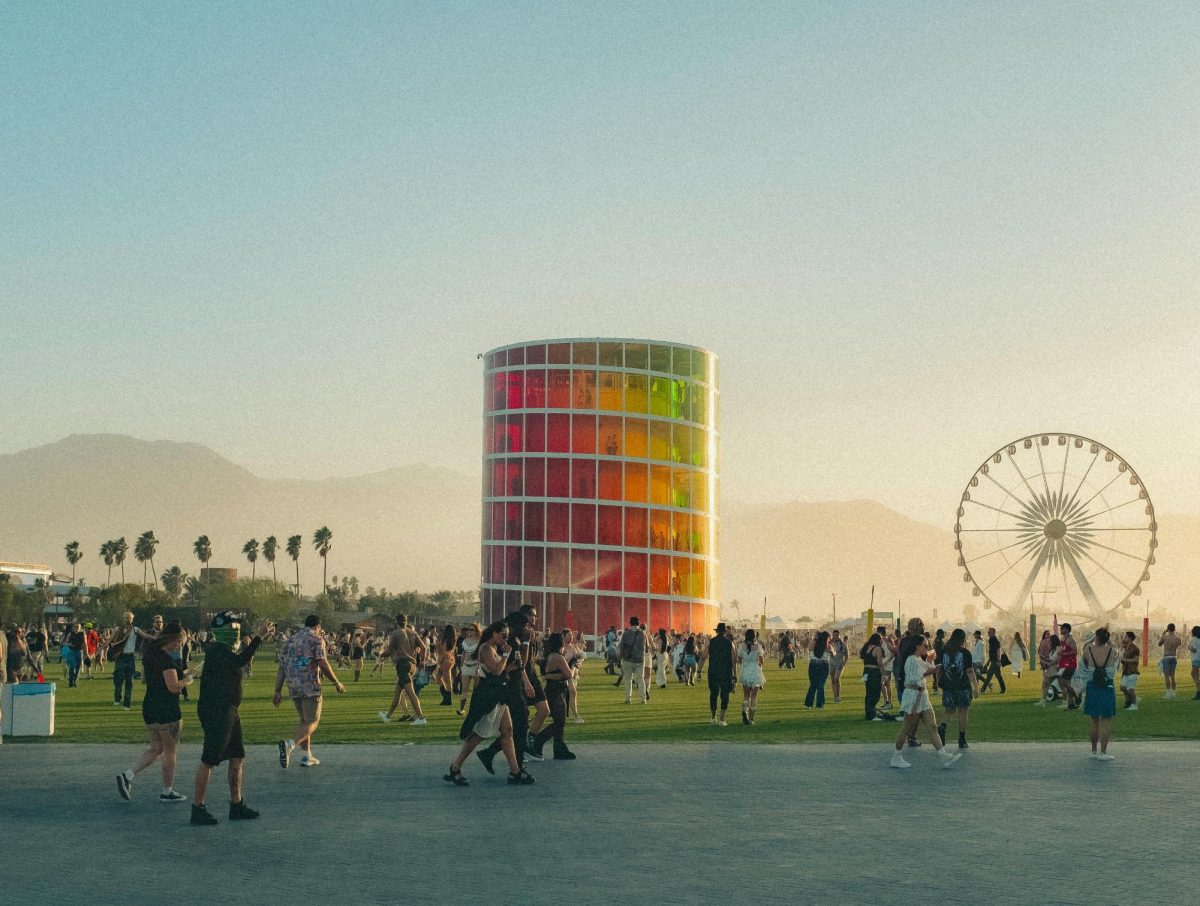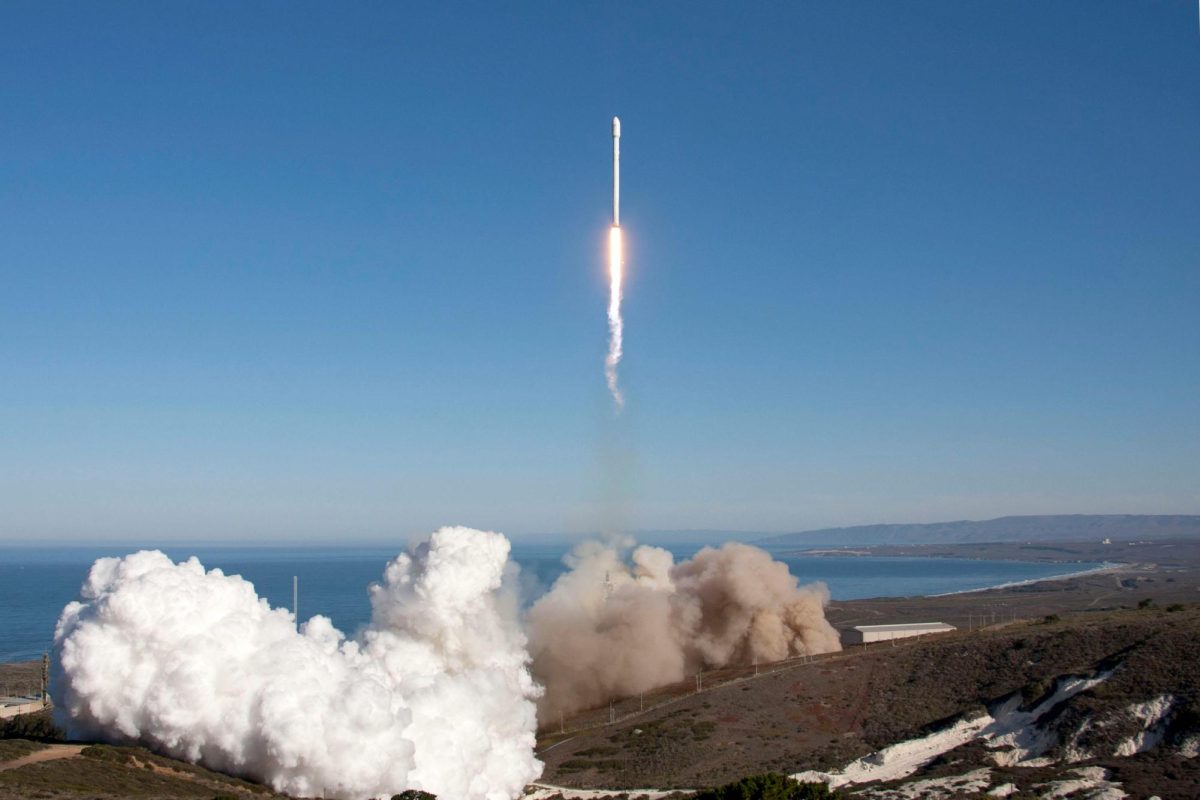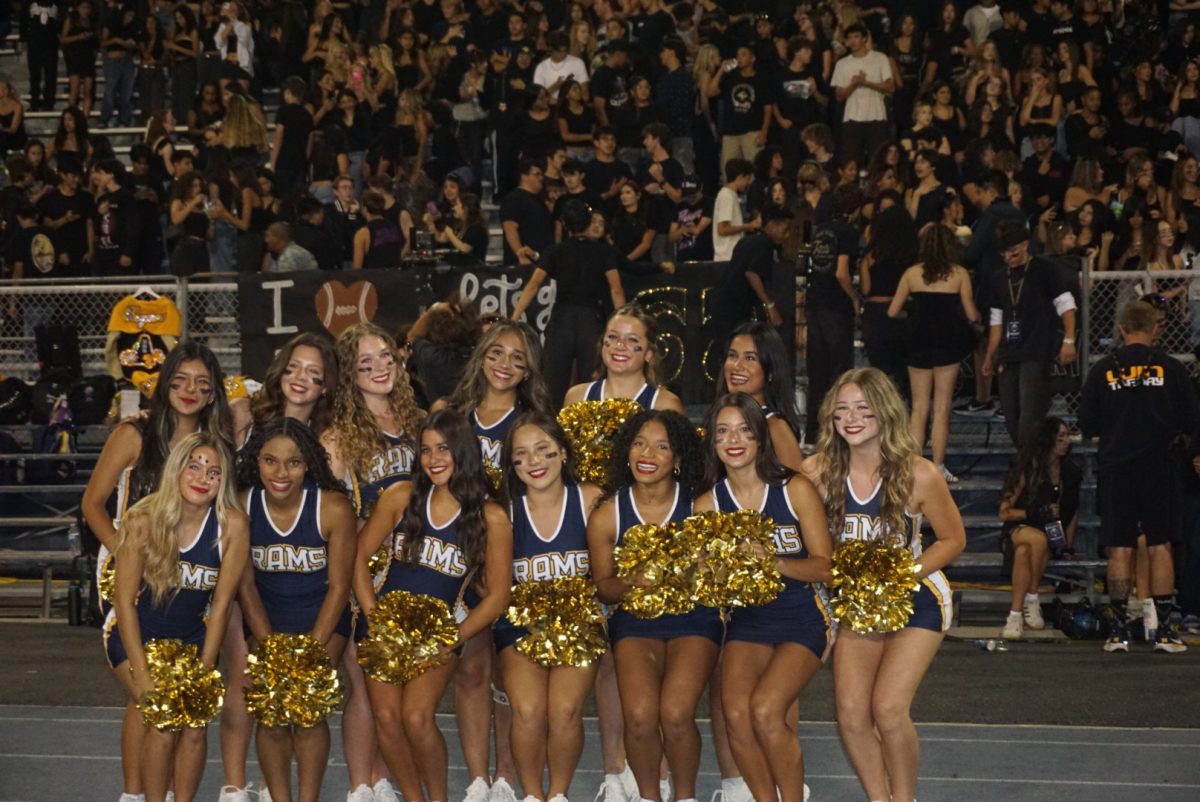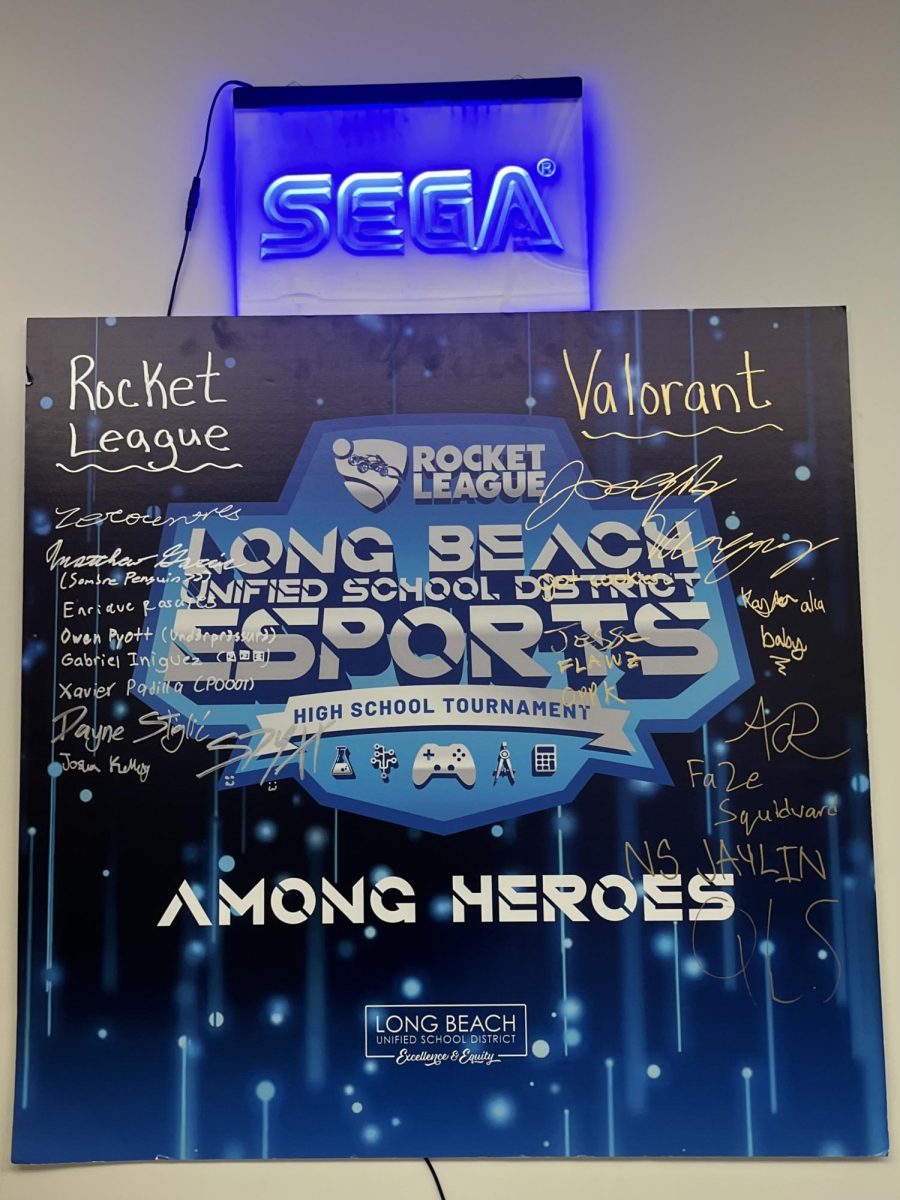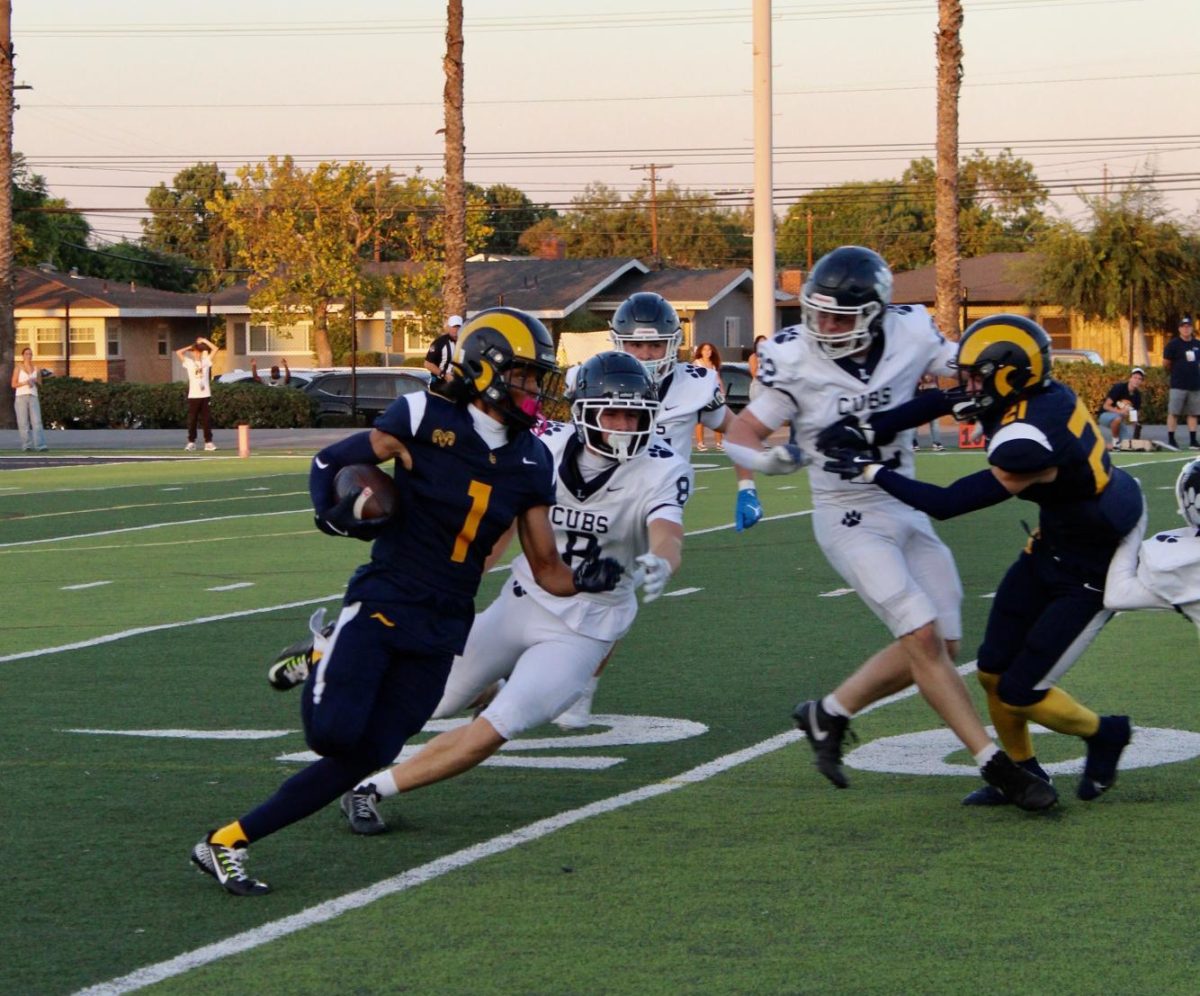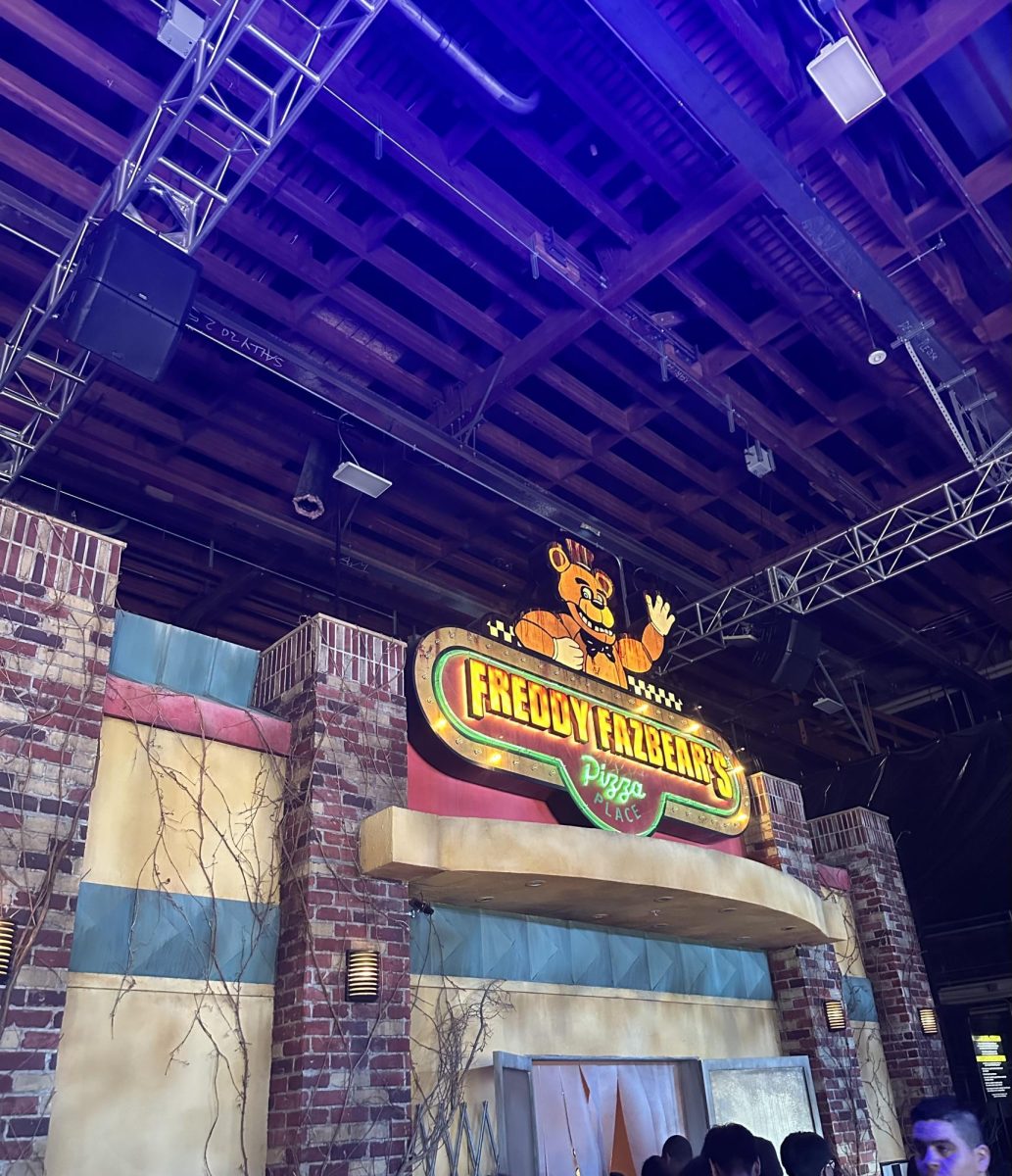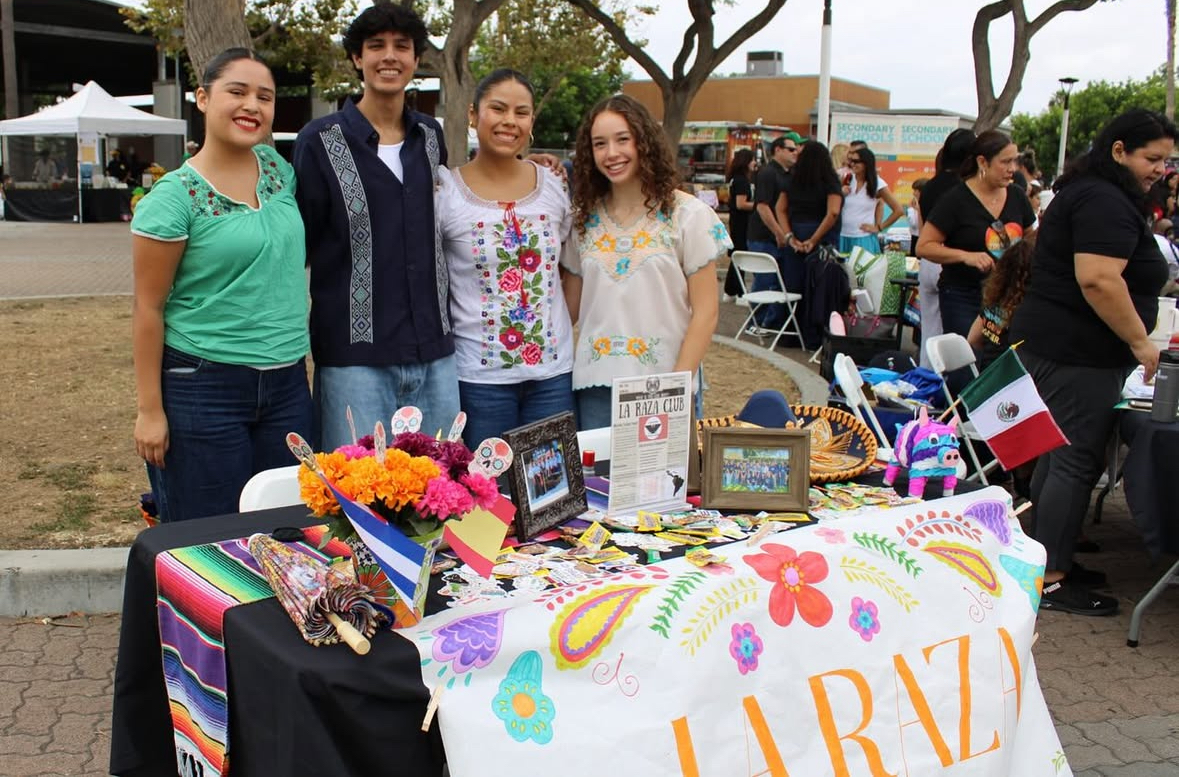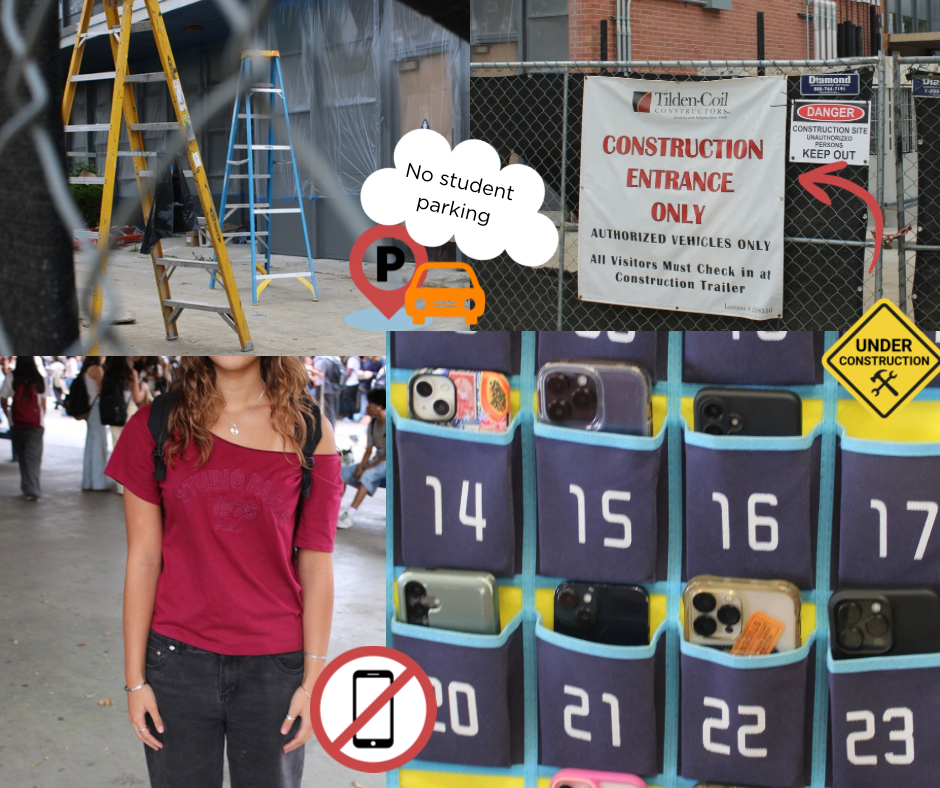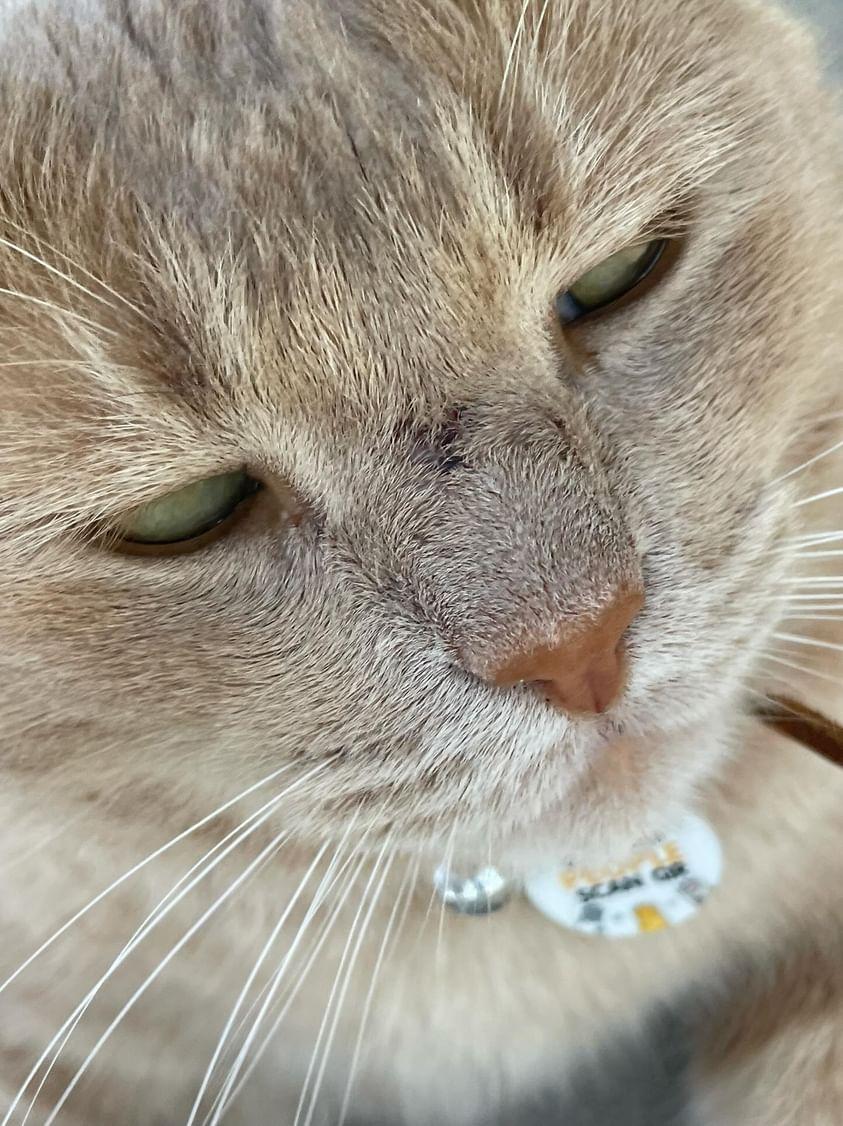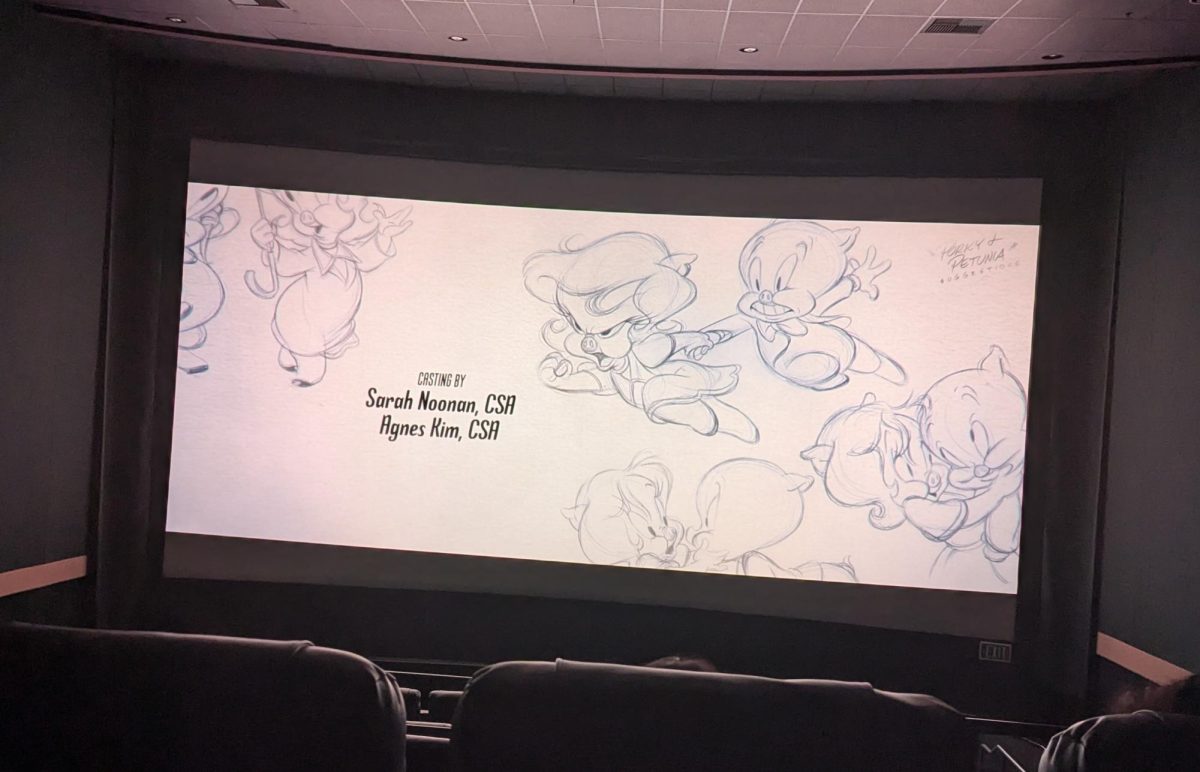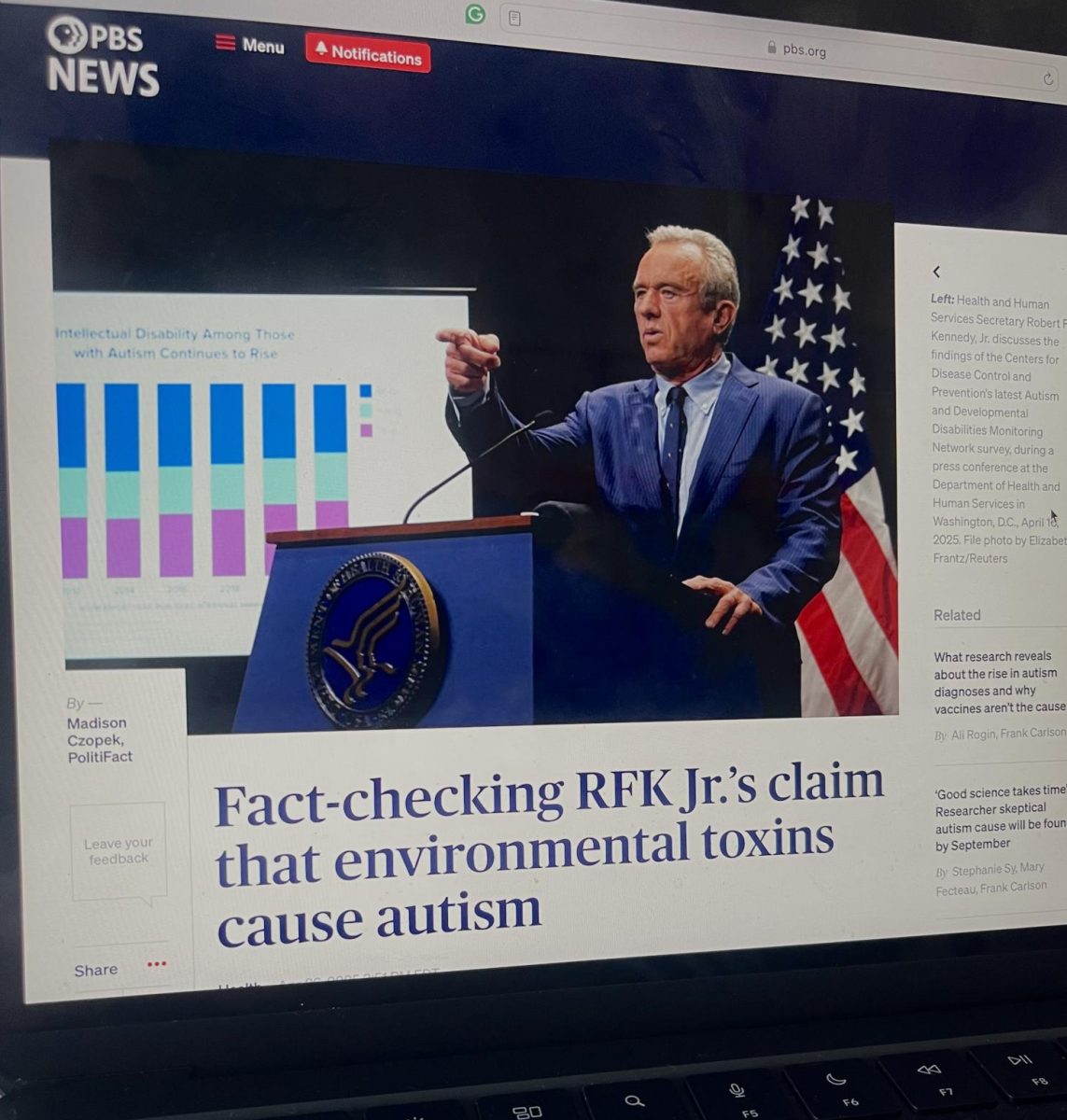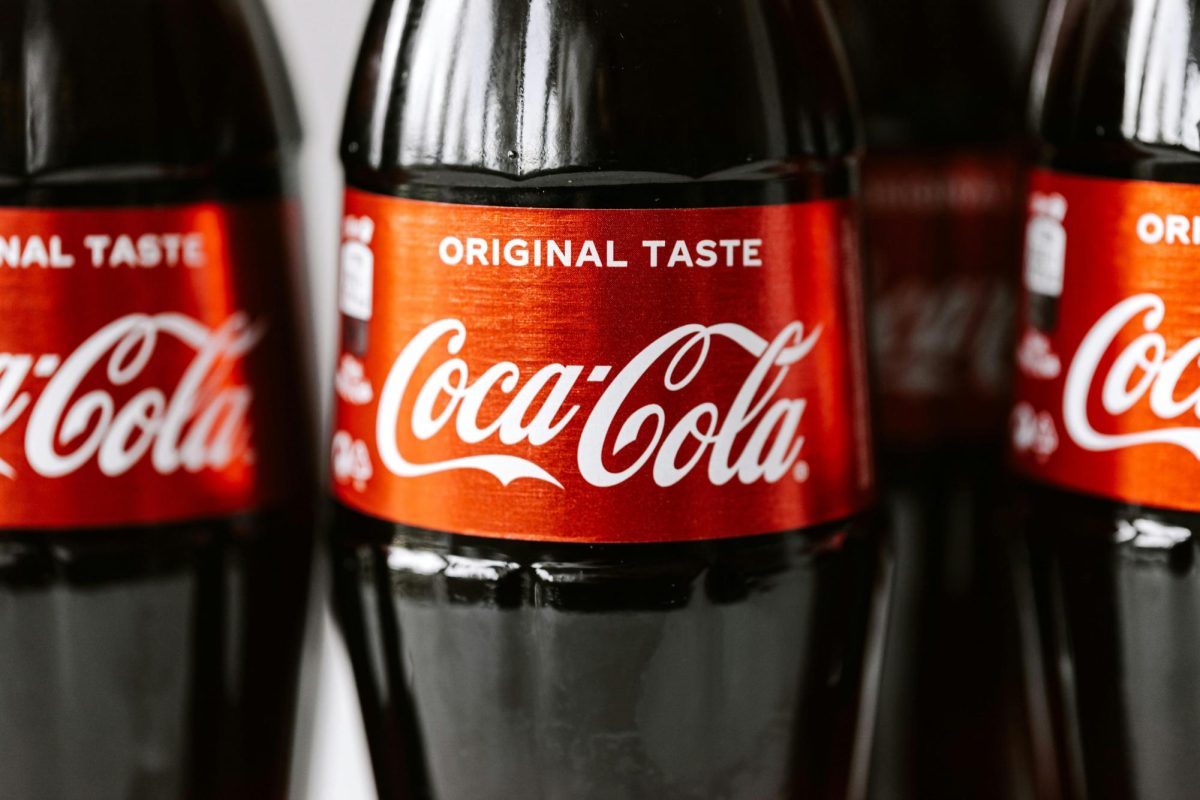The AI-altered version of 1939’s The Wizard of Oz, signed off by Warner Bros. (made exclusively for the Sphere in Las Vegas) is a prime example of a fundamentally creatively bankrupt endeavor that puts a stain on the original film’s legacy.
There’s no denying at this point that AI has segmented itself as an undeniable force in today’s culture, and seems to have carved a spot for the foreseeable future.
For me however, AI’s use has also become a marker of artistic integrity, serving as a true indicator to creative merit (or lack thereof). This showcase in particular is one that reeks of soullessness, and really begs the question: “why?”
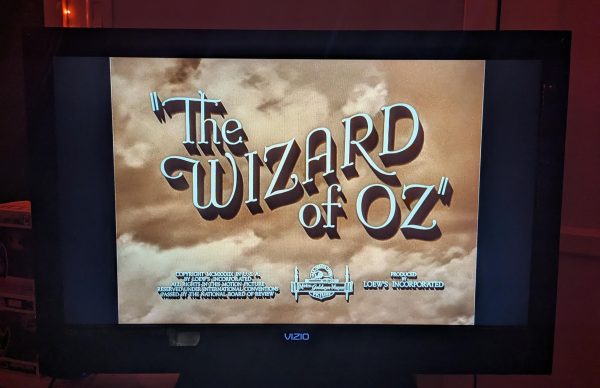
“Not everything needs to be ‘improved’,” says SEGA Graphic Design teacher Mark Pearson, who believes the ambitious venture ultimately comes up short.
Pearson commented on AI’s addition to the show’s overall look, saying that it’s “a distraction from both the storytelling and [non-AI-enhanced] visuals.”
By drastically stretching the aspect ratio of the original film to fit Sphere’s larger-than-life screen, the image reads as mostly dull and flat, creating an uninspired look that would have had the company better off not using The Wizard of Oz in the first place.
Although this particular spectacle is clearly more event rather than story based, Pearson and I both agreed that the final product tries too hard to look “perfect”, and in doing so, Pearson added, the movie loses the feeling of “authentic filmmaking” that makes art, art. Instead, the projection comes off as a lifeless, ugly, and insulting piece that only looks worse when compared to its original counterpart.
Contrastingly, Melissa Ruggieri, in her article for USA Today reviewing the event, called it “nothing short of extraordinary”, and noting it as having several moments that’ll “take your breath away”.
Along with her general praise, she also commented on the online uproar over the use of AI, saying that the film (which I hesitate to call it) shouldn’t be criticized until it’s “experienced in person.”
This statement deeply frustrates me. My criticisms aren’t aimed towards the experience itself, which I admittedly haven’t experienced, but the utilization of the AI technology, which I am able to see, and thus should be justified in critiquing.
Additionally, the sentiment she expresses is not really applicable once you factor in the cost of the event and how it’s inaccessible to a large percentage of Americans.
COMPASS sophomore Vanessa Reitano however is strongly against AI’s employment in the Sphere’s production, citing it as “outrageous” and “offensive.”
She believes that AI, due to its inherent unoriginality, should be nowhere near the arts, passionately stating, “the use of AI in any creative space is unethical, and I wish more people would recognize that.”
Reitano closed with, “The whole idea of [AI] is that it takes”, referring to artists and filmmakers, and that practice should not be rewarded or encouraged.
If this experience at the Sphere shows us anything, it’s that regardless of how much money and resources these outrageously big companies have, they’ll still make the active decision to cut corners when it comes to producing entertainment, not only taking away opportunities from true creatives, but bombarding audiences with vapid images that condition them to expect this from their entertainment.
Instead of creating an original experience that doesn’t require alterations, Sphere Entertainment (with Warner Bros.’ spineless approval) took the easy way out, and in result, butchered The Wizard of Oz in all of its technicolor glory; masking this betrayal to art as a step forward in technological innovation, which it really couldn’t be further from.


